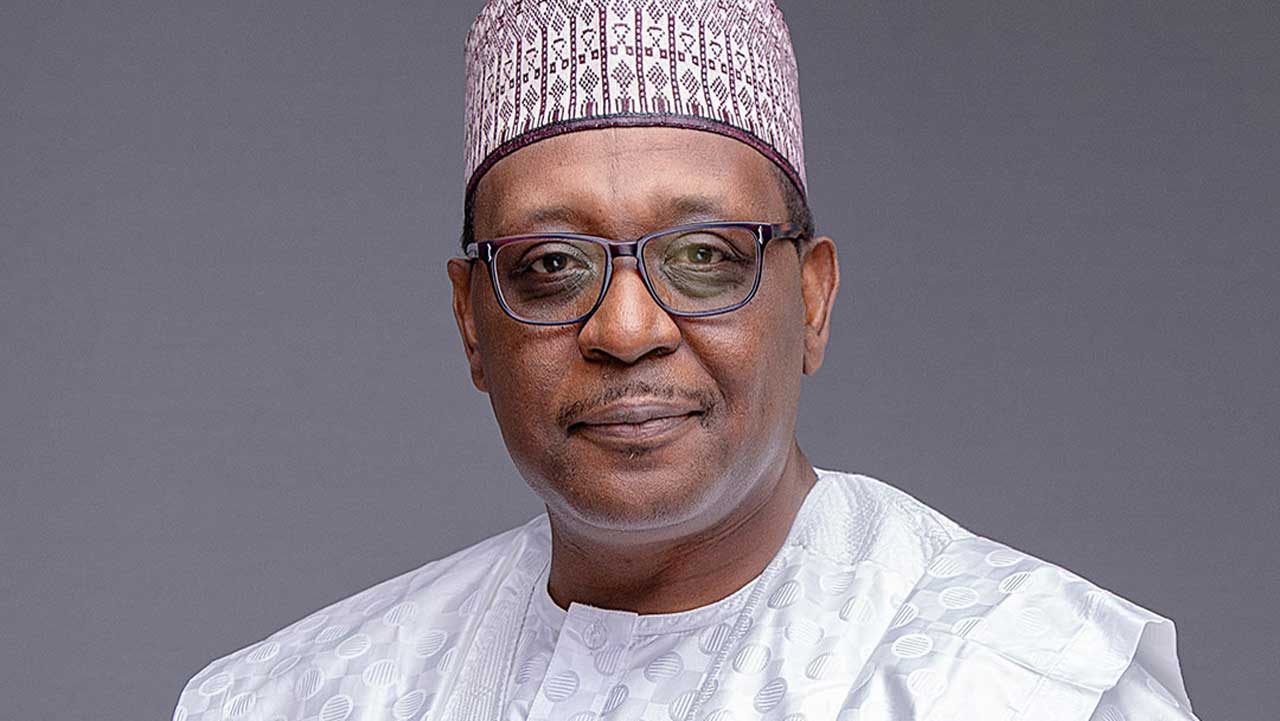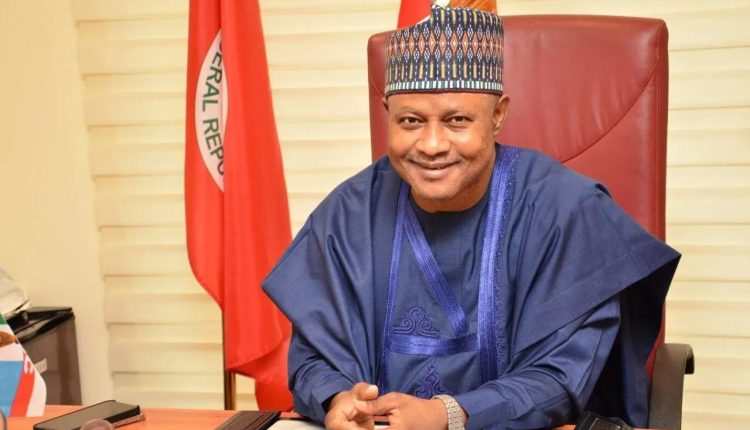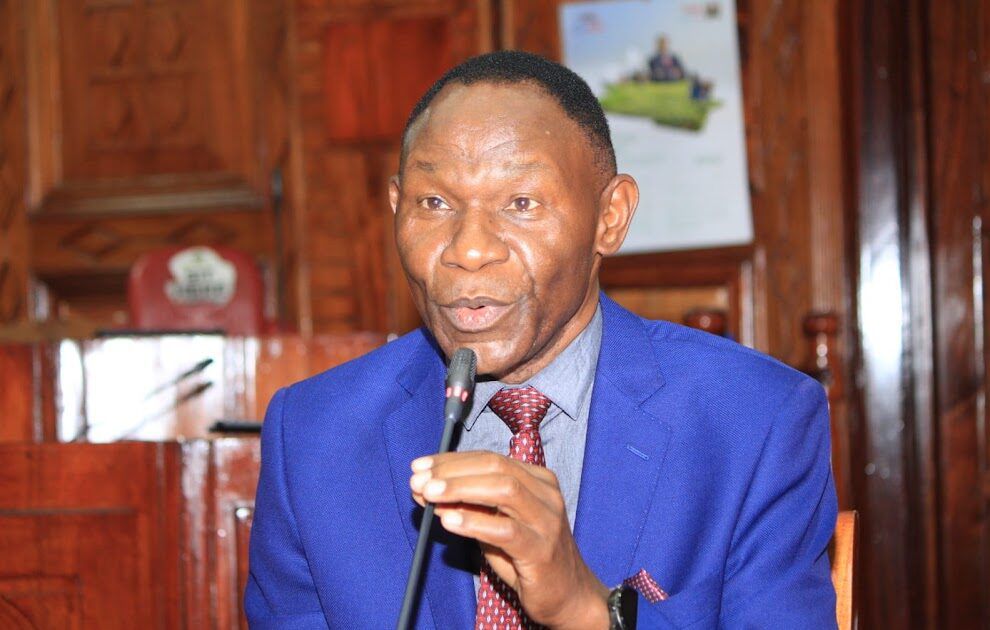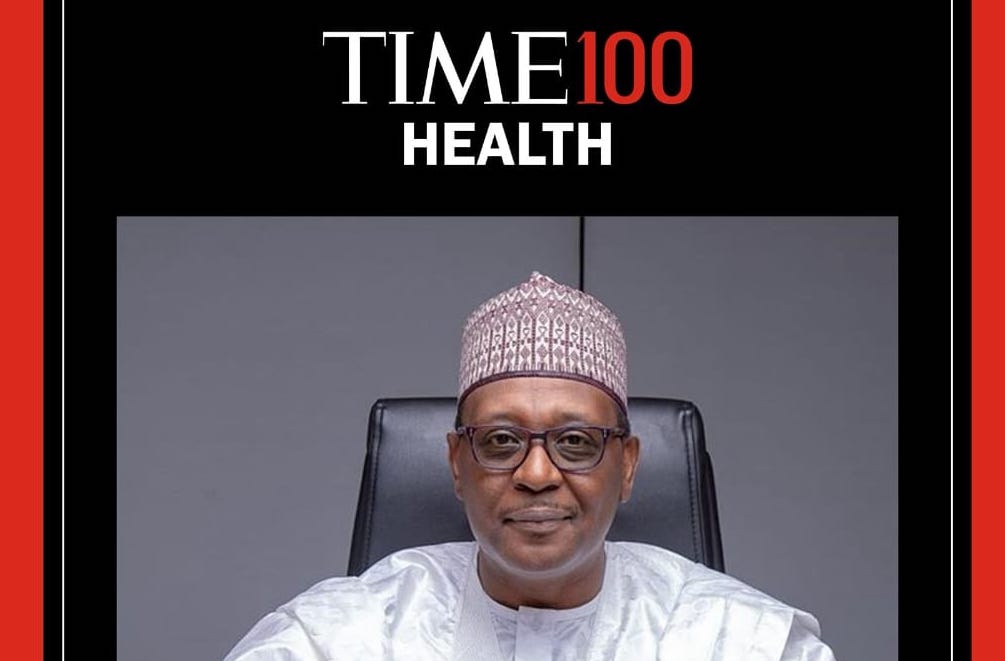Daily Trust News Publication

Time Magazine has recognized three Nigerian health experts in its list of the 100 Most Influential People in Global Health. The honorees include the Coordinating Minister of Health and Social Welfare, Prof Muhammad Ali Pate, Ladidi Kuluwa Bako-Aiyegbusi, and Abasi Ene-Obong. These individuals are being celebrated for their significant contributions to shaping Nigeria's health systems, improving nutrition, and expanding genetics research and access within the country.
Prof Muhammad Ali Pate's recognition stems from his work in improving Nigeria's health systems. Time Magazine noted Nigeria's challenges with infectious diseases and maternal and child mortality, as well as resistance to polio vaccines in some areas. Pate's approach involves understanding local challenges, such as malaria outbreaks impacting vaccination efforts, and integrating global strategies with local context. His initiatives have led to the vaccination of over 12 million girls against the human papillomavirus since October 2023. Additionally, he has overseen the upgrade of over 900 primary health care centers, serving 12 million people, and launched the "Know Your Numbers" campaign, measuring blood pressure, glucose, and cholesterol for 10 million Nigerians. Pate believes that a healthier population is crucial for Nigeria's economic growth and prosperity.
Dr. Ladidi Kuluwa Bako-Aiyegbusi, director-head of the nutrition department of the Federal Ministry of Health and Social Welfare, is recognized for her work in addressing malnutrition in children under five in Nigeria. She collaborates with NAFDAC and private sector companies to fortify bouillon cubes, a common staple in Nigerian kitchens, with micronutrients. These fortified cubes contain iron, vitamin B12, folic acid, and zinc, aiming to provide essential nutrients to children even when they lack access to protein and fresh vegetables. Bako-Aiyegbusi hopes this initiative will reduce malnutrition, stunting, and developmental disorders related to malnutrition.
Abasi Ene-Obong, founder and CEO of Syndicate Bio, is acknowledged for his efforts in expanding genetics research in Africa. He believes genetic testing in Africa is a critical, yet underserved area. Ene-Obong is partnering with governments, companies, and hospitals to conduct millions of genetics tests in Africa. Syndicate Bio plans to offer affordable genetic tests to the public, evaluating a person's risk for cancer. Given that Africa represents nearly 20% of the global population but contributes a small fraction of genetics data, Ene-Obong aims to address the lack of representation in genetics research. This disparity contributes to higher rates of certain cancers among people of African ancestry. His work seeks to enable a greater understanding of disease-causing variants and drive precision medicine for all populations.







